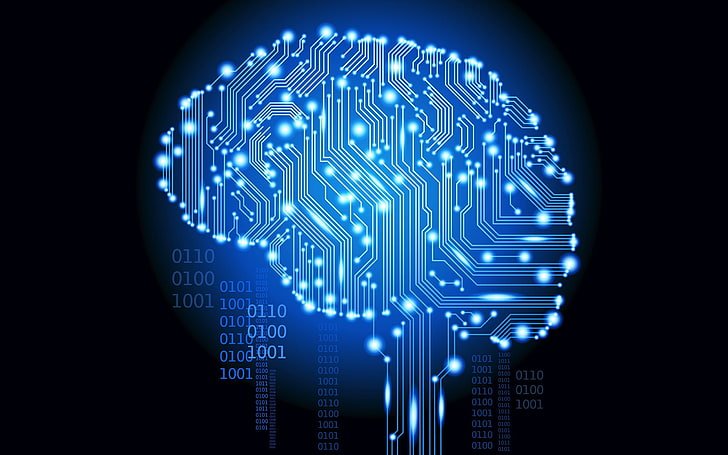Sofia Dialogues Forum: ‘Crises and Cultures: The study of culture facing the challenges of a changing world’
25th edition of the Sofia Dialogues Forum
‘Crises and Cultures: The study of culture facing the challenges of a changing world’
19–20 October 2021
Co-organised by Maison des Sciences de l’Homme et de la Société, Sofia and the Department of History and Theory of Culture, Sofia University
The troubled times, in which the world has lived for the past year, raised novel problems for the social sciences and humanities. Is it possible to tame the crisis, or has the world become uncontrollable, as German sociologist Hartmut Rosa has argued? How can the “cultural turn” (Lynn Hunt and Victoria Bonnell) in the social sciences help review in conjunction the historical and the theoretical aspects of the current crisis?
The concept of crisis itself is a permanent provocation for the sciences of culture, whose constructivist perspective is not well-suited to analyse such fluid notions. In today’s world, culture is in plural and necessitates sophisticated contextualisations. None of the current crises could be addressed without an appropriate conceptual understanding and strategic action plan.
The universal crisis, amplified by the growth of social networks, which have become the dominant media today, has paradoxically led to a return of populist demagogies, drawing on the resources of an “imagined” national identity to invent new cultural heritages. The “infospace” – the digital Umwelt – where we all live, with its incessant flow of non-verifiable information and “alternative facts”, has turned into a force-field of pernicious political projects and acute social tensions. In these times of “post-truth”, conspiracy theories and apocalyptic scenarios, the ability to interpret complex communicative situations can really make a difference to both political action and day-to-day living. The sciences of culture can successfully face the challenges of such a media environment only if they develop new tools and thought models. Technological advancement alone can not provide reliable means for making sense of a dynamically changing and unpredictable reality.
As Roland Barthes pointed out over 50 years ago, social coercions tend to disguise themselves as natural phenomena. This insight explains well the propensity of contemporary political elites to justify their decisions by references to the laws of nature. The pandemic is only the last episode of a long series of similar substitutions.
***
‘Artificial intelligence and the materiality of the body’
Tomoko Tamari
Abstract
The paper considers current and potential implications of digital computational technologies. Focusing on the notions of embodiment, the paper explores the significance of the physical body and embodied knowledge so as to better understand the risks and merits of digital technology with artificial intelligence. Computer programmes with artificial intelligence today are becoming ubiquitous and are changing various elements of everyday life: from air traffic control to medical services, also from data visualization to the production of artwork. This paper seeks to shed light on medicine, robotics, and computer art, since all these areas are highly relevant to the juxtaposition of the human body and artificial systems. Scrutinizing the idea of ‘the body as data’ and emphasizing the significance of the body’s materiality, the paper points to the limitations of AI medical services; explaining the importance of ‘having a body’ (embodiment) in biological inspired robots; and exploring a drawing machine project so as to consider the challenge of transferring embodied knowledge (artistic skills and creativity) to a physical platform – a robot. By so doing, the paper attempts to avoid both biological positivism and neurodeterminism in order to explore the impact of AI in social life.


